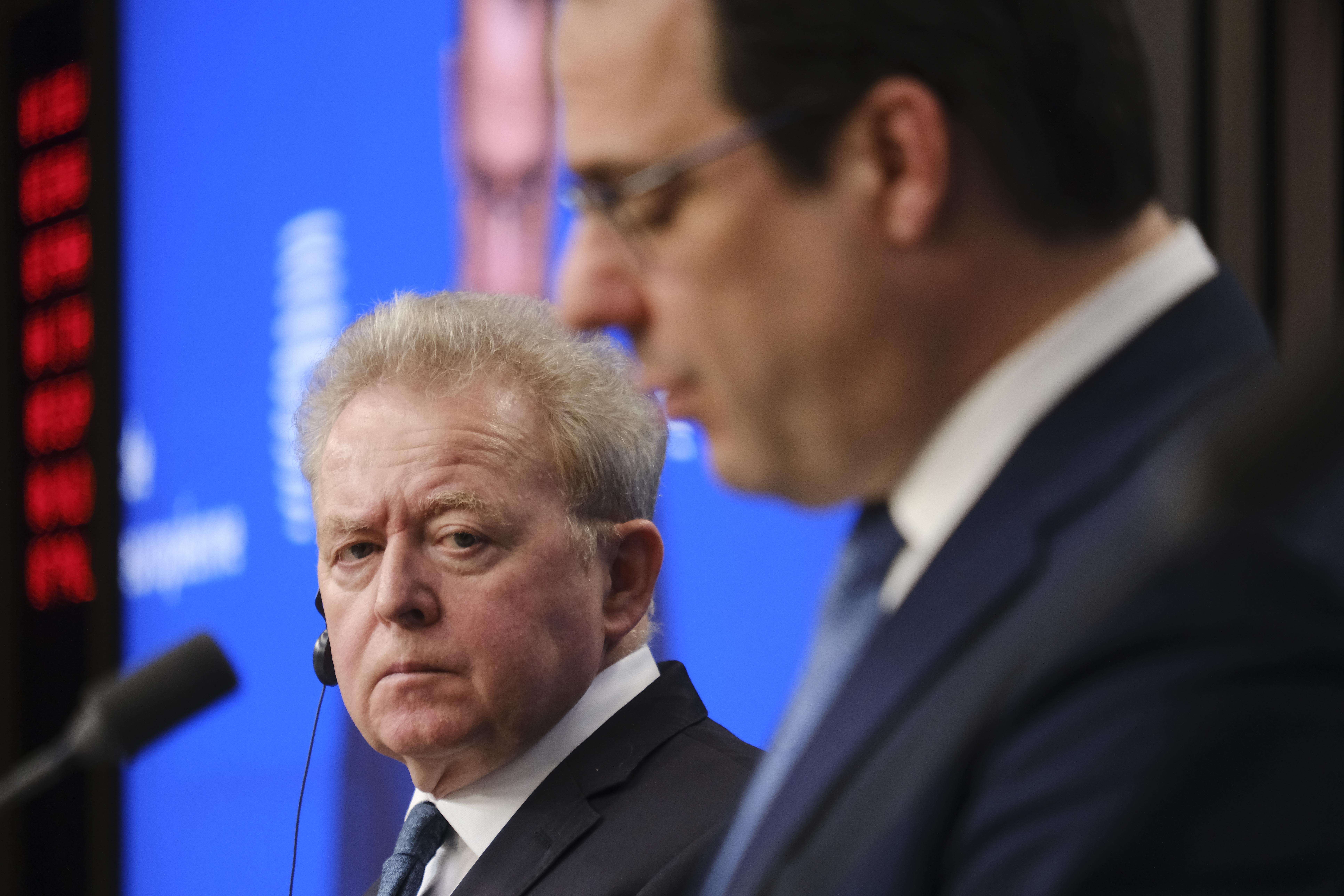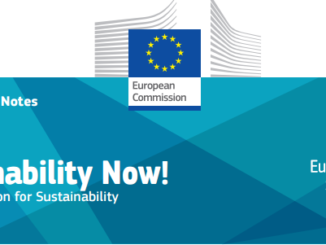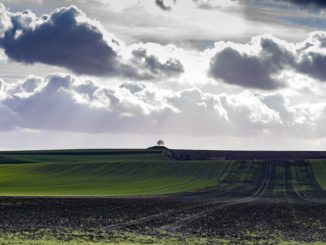
The core acts of the EU’s farming subsidy programme could soon be once again up for grabs, with ministers backing a re-opening of the EU’s Common Agricultural Policy (CAP) in efforts to make it lean and less green. Natasha Foote has more.
EU agriculture ministers met on Monday (26 February) to discuss solutions to lighten farmers’ administrative load as the EU’s increasingly disgruntled farming community once again blocked the streets of Brussels to voice their frustrations over red tape, unfair pricing and trade competition.
Efforts to placate farmers saw the Commission propose a simplification package, which included suggestions to relax certain environmental rules and reduce on-farm checks.
But for ministers, the package does not go far enough.
“These measures will be a first concrete step in the right direction. But the EU Council believes that this is not enough,” Belgium’s agriculture minister David Clarinval, the current holder of the reins of the rotating EU presidency, told journalists.
The Council is “inviting the Commission to quickly supplement this set of measures by introducing more ambitious measures” that address problems in both the short and long term.
This will likely involve the reopening of the subsidies programme, which Clarinval called a “good thing”. “There is a firm willingness to get rapid change on the things that are within our hands,” he said.
The idea also has the backing of EU Agriculture Commissioner Janusz Wojciechowski.
“Until 2027, when the current CAP ends, if you want to help them with their concerns, that is what we should do – we should change the basic act,” Wojciechowski said, adding that he would be “in favour” of acting quickly.
According to the Commissioner, ministers are “expecting to open this basic act to review GAEC’s conditionality”, adding that there is a “majority in favour”. He also sees support from the European Parliament, pointing to a letter from the chair of the European Parliament’s agriculture committee Norbert Lins.
This could see the so-called GAEC environmental measures – which link funding with certain environmental practices – downgraded from mandatory measures to voluntary.
“Incentives are always better than to force farmers for more green, environmentally friendly practices,” he said.
The Commission has already granted exemptions to the so-called GAEC environmental measures as part of its initial peace offering to farmers, loosening rules on obligations to leave land fallow and, most recently, on the maintenance of permanent grasslands.
But this decision to derogate has been lambasted by green groups, with small farmers’ association European Coordination Via Campesina calling the move both “misguided and damaging”.
“This might be seen as a gift for farmers, but ultimately it is jeopardising the whole sector,” Faustine Bas-Defossez, director for nature, health and environment at the European Environmental Bureau warned in a statement.
Sooner, rather than later
And the re-opening of CAP’s black box could happen sooner rather than later, according to the Commissioner, who added that this is “theoretically possible” within this current mandate.
Meanwhile, a Commission spokesperson pointed out that the idea has already been floated by the EU executive.
A non-paper sent from the Commission to the Council outlining their simplification plans, seen by ARC, stated that the Commission “may consider proposing changes to the current CAP basic Regulations or other basic acts”.
Should that be the case, the legislative proposal should consist of a “limited set of targeted changes and should be adopted relatively soon so that it can be negotiated by [the] European Parliament and Council,” the document reads.
More
Nature Restoration Law Passes Final Hurdle in Parliament, Now Set to Become Law
Simply Slashing the CAP – Commission Proposes Rollback on Rules
EU Must Make Pesticide Reduction a Reality – 125 organisations
European Farmers are Angry: Addressing Root Causes Would Overcome Polarisation
Parliament greenlights plans to loosen EU rules on new GMOs – but with key conditions
Brussels Round up – Mirror Clauses, Mixed Messages & Farm to Facts





